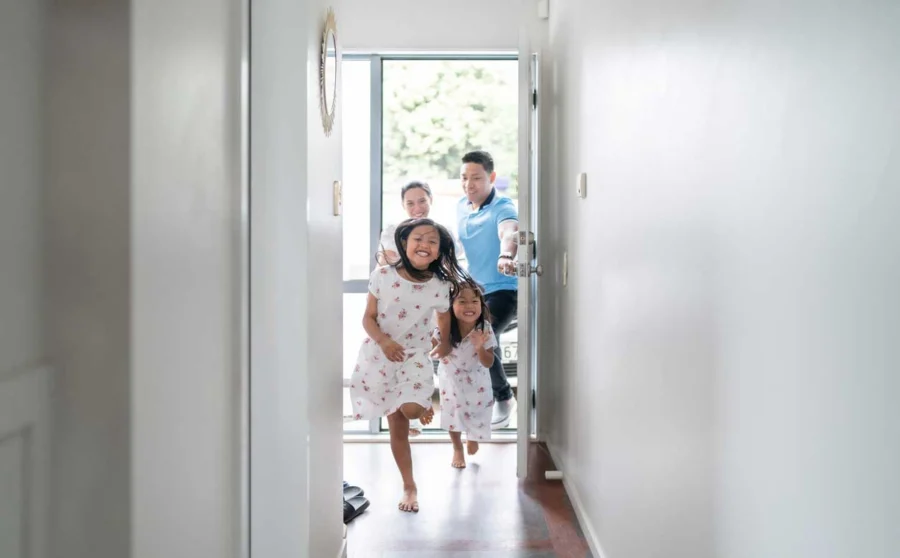
Ensuring that people with records have access to stable housing is not merely equitable, but also a matter of common sense.
April 26, 2022
Everyone needs a place to live. This is less a policy statement and more a simple fact. To be alive is to live somewhere. So when we grant landlords and housing authorities broad discretion to exclude tenants based upon their criminal records, we are not deciding whether these tenants will get to live somewhere, but rather where they will live: will they get to live in a stable, safe, and affordable home or will they be condemned to years of housing insecurity and, often, homelessness?
Can making people housing insecure or homeless truly make our society a safer or better place to live? Of course not. Since everyone needs a place to live, ensuring that people with records have access to stable housing is not merely equitable, but also a matter of common sense.
Unfortunately, at least in practice, federally subsidized housing programs, such as public housing or the Housing Choice Voucher program (often referred to as “Section 8”), provide housing authorities and landlords broad discretion to refuse to rent to people with records. Although HUD-subsidized housing programs are intended to ensure that individuals who may otherwise have difficulty finding housing have a place to call home, these programs often operate to exclude individuals involved with the criminal legal system, whose housing prospects may be especially precarious.
Fortunately, there is hope. On April 12, 2022, the Department of Housing and Urban Development (HUD) issued a memorandum ordering each of its subsidized housing programs to, within six months, complete a broadscale review of its rules to identify barriers to access for people with records. This review is an essential step that builds on HUD’s previous efforts to enhance housing access for people with records. In 2016, HUD issued guidance warning housing providers that imposing blanket bans on tenants with records may violate the Fair Housing Act, as such practices disproportionately harm Black and Brown people, who are especially likely to be targeted by the criminal legal system.
With this recent memorandum, HUD further seeks to bring its own subsidized housing programs in line with these fair housing principles. The memorandum directs “HUD program offices to, within 6 months . . . identify all existing HUD regulations, guidance documents, and other policies . . . that may pose barriers to housing for persons with criminal histories or their families . . . to make our programs as inclusive as possible.” HUD should be highly commended for its willingness to take a hard look at itself and to commit to improvement and change. The memo acknowledges that enhancing housing access for those with records not only benefits individuals with criminal records and their families, but it is integral to advancing racial equity and making society a safer place for everyone. Notably, the memo also extends the analysis of HUD’s 2016 criminal records guidance, explicitly acknowledging that excluding those with records disproportionately harms persons with disabilities.
HUD’s memorandum also directs that “any policy or document currently under development should be implemented in a way that supports persons with criminal histories and their families.” In this process, HUD must continue to engage with those most directly impacted by such policies to ensure that the expertise of those who have involvement with the criminal legal system is integrated into this review.
Of course, the real progress will come once HUD completes its internal review and institutes broadscale change. But this memorandum is a huge step forward and cause for optimism. As acknowledged by HUD, “all members of society” must be “able to secure safe, affordable, accessible and stable housing.” After all, there is really no alternative. Everyone needs a place to live.
Shelter is not only a basic human need, it is also critical to people’s ability to pursue and attain economic stability.